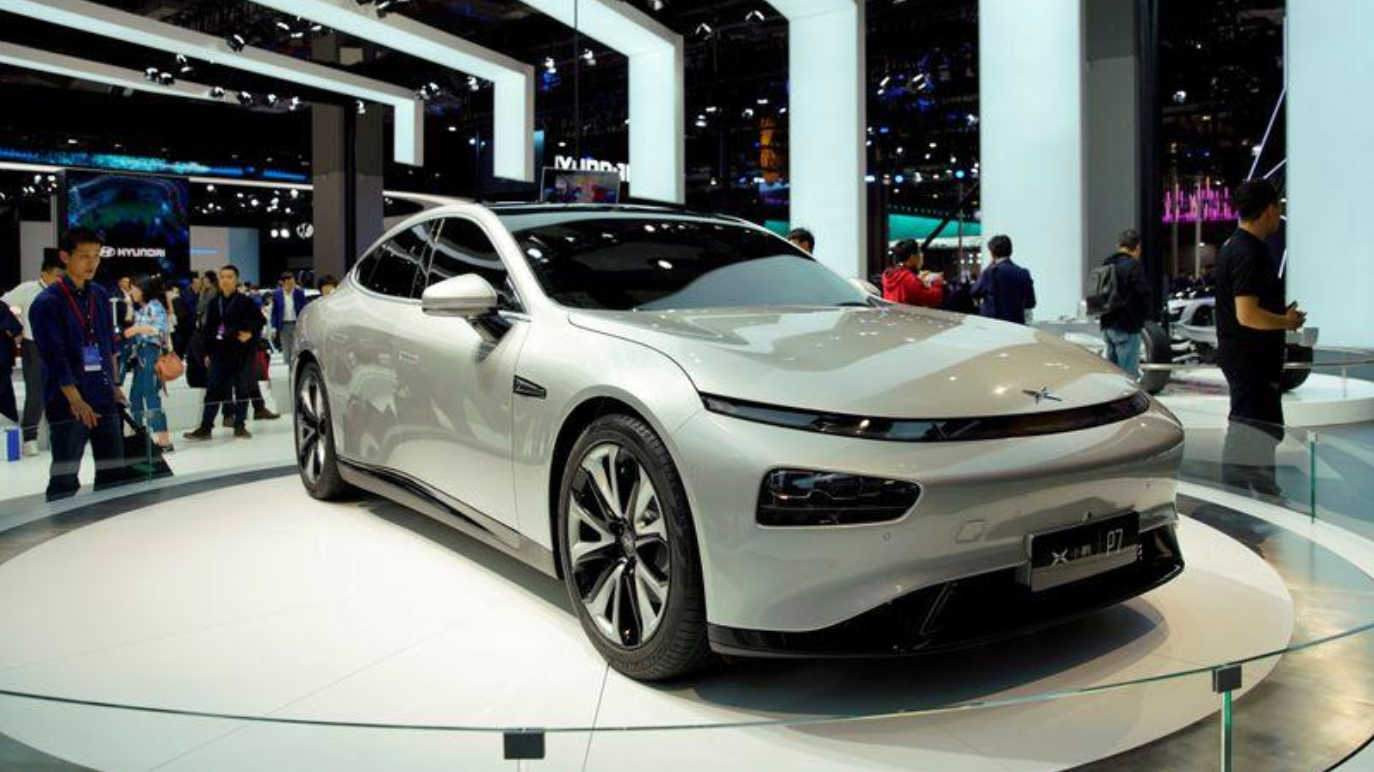The Biden administration is poised to unveil a significant tariff increase on electric vehicles (EVs) imported from China, a move expected to jolt the burgeoning American EV market. According to sources familiar with the plan, the tariff rate could surge from the current 25% to a staggering 100%, effectively quadrupling the cost of bringing Chinese EVs into the US. This decision comes as part of a broader review of existing tariffs on Chinese goods first implemented in 2018 under the Trump administration.
The rationale behind the increased tariffs appears to be twofold. Firstly, the Biden administration reportedly harbors concerns about China's dominance in the EV battery and manufacturing sectors. This dominance, some argue, could stifle the growth of domestic EV production and threaten American jobs in the clean energy sector. Secondly, the move aligns with the administration's recent decision to raise tariffs on steel and aluminum imports, albeit from different countries.
The announcement, expected as early as next week, has sent ripples through the automotive industry. American car manufacturers have generally expressed cautious optimism, believing the increased tariffs could create a more level playing field for domestic companies. However, consumer groups have voiced concerns about potential price hikes for electric vehicles, which could dampen consumer adoption and slow the overall transition towards a cleaner transportation future.
The impact on Chinese EV manufacturers remains to be seen. While a 100% tariff would undoubtedly pose a significant challenge, some analysts believe Chinese companies may be able to absorb some of the cost increase or find alternative export markets. Additionally, the potential disruption to the US market could incentivize Chinese manufacturers to establish production facilities within the US itself, a move that could benefit both countries in the long run.
The international community is also watching this development with keen interest. The EU has already expressed concerns about a potential trade war between the US and China, fearing it could disrupt global supply chains and hinder economic recovery efforts. The long-term consequences of this latest tariff move are yet to unfold, but one thing is certain:the electric vehicle landscape in the US is about to undergo a significant shift.

